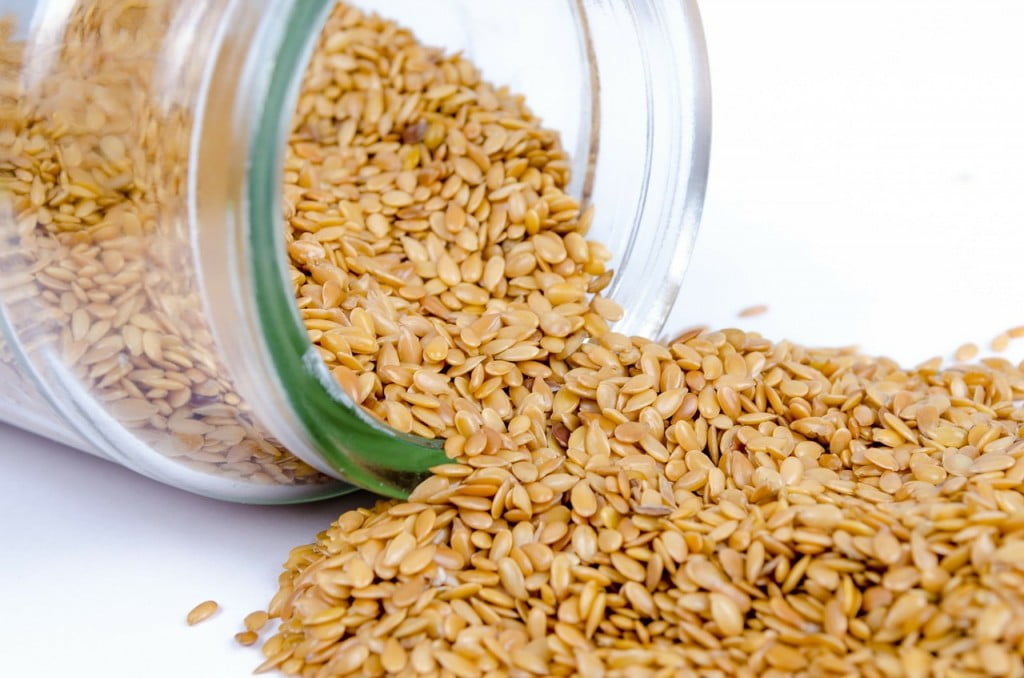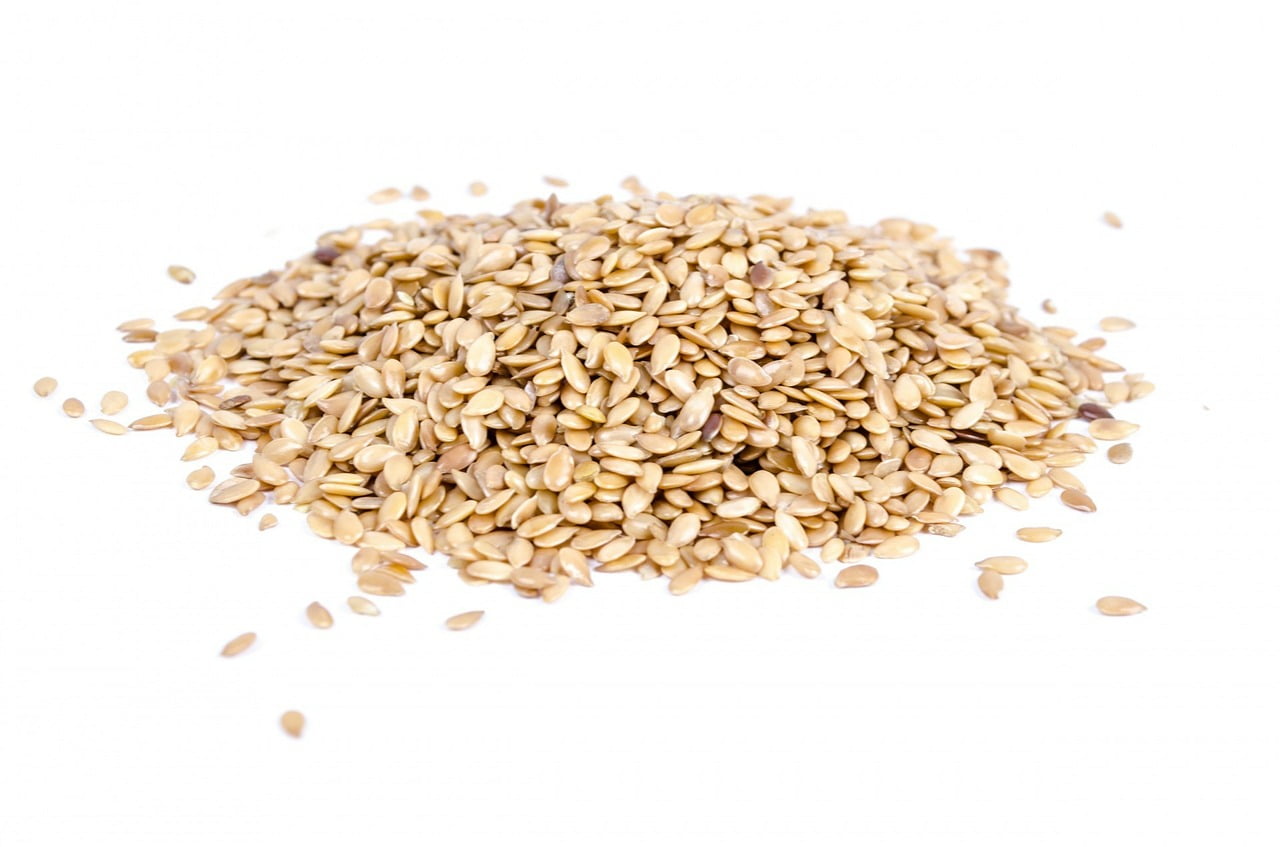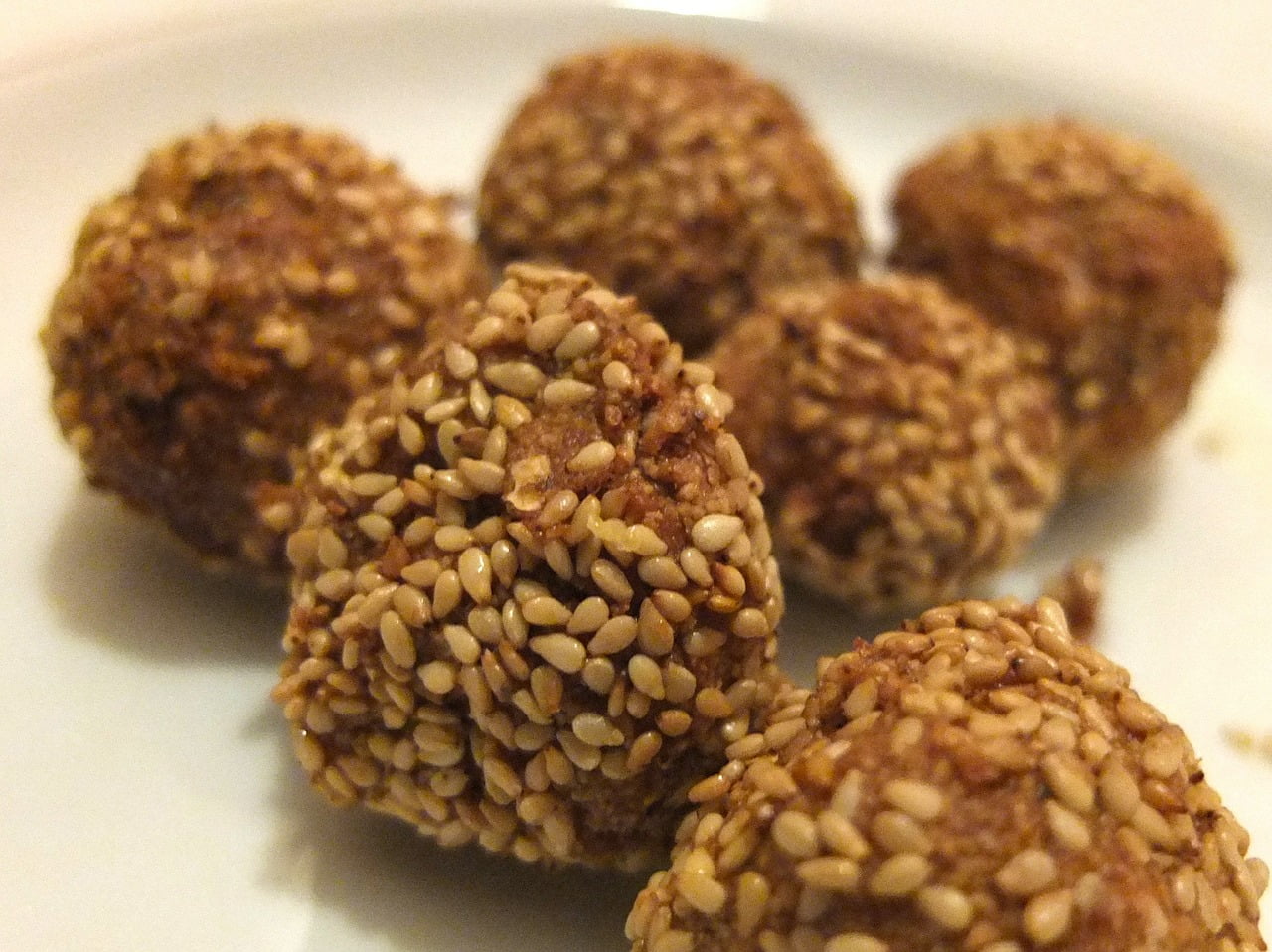Sesame seeds have traditionally been difficult to harvest and are widely considered an unprofitable crop because they produce a low yield. What makes sesame especially frustrating to grow is the high percentage of grown seeds that are not suitable for human consumption. One Israeli researcher has taken the sesame predicament to heart and discovered a way to increase the yield and nutritional quality of this healthy yet stubborn crop.
By screening 100,000 sesame seed variants, Dr. Zvi Peleg of the Hebrew University has found a way to develop a new elite sesame cultivar with enhanced yield and seed quality suitable to modern agriculture. Peleg uses a selective breeding technique, by which he chooses the most promising plants, then cultivates and breeds them while separating out the inferior plants. Peleg’s genetic marker technology enables him to decide which sesame plants to breed and which to throw out.
SEE ALSO: Quest For The Perfect Veggie: Israelis Create Enhanced Strains Of Fruit And Veg
An essential ingredient in Middle Eastern cuisines
Global production of sesame currently stands at 4.4 million tons annually, with a projected growth value of between 5 and 10 percent a year. Peleg hopes his technique will help farmers surpass this projection. “The increase in global demand for sesame products as a health food has turned this highly domestic consumption item into an important export commodity for Israel,” Peleg said in a statement.
SEE ALSO: How Chewing 10 Tons Of Sunflower Seeds Brings Arabs And Israelis Together
It’s important to note that in Israel and some other Middle Eastern countries, where falafel is a culturally iconic food, tahini (or tehina) sauce, made from sesame, is an essential condiment. Peleg’s innovation facilitates the use of sesame as part of a farmer’s crop rotation between cereal crops, while at the same time making it high-yield. As a result, it contributes to more sustainable agriculture and helps prevent the development of herbicide-resistant weeds.
Sesame seeds contain about 20 percent protein, along with healthy oils and carbohydrates. They are also rich in essential nutrients such as iron, zinc and calcium. Peleg’s innovation could improve the availability of these essential nutrients and therefore reap greater health benefits for consumers. In recognition of his finding, the Hebrew University has awarded Peleg the Kaye Innovation Award for 2015.
Related posts

Resilient And Nutritious New Plant-Based Milk Aims To Make A Splash

Chocolate From Cultivated Cocoa Comes Without Environmental Toll

Plastic Fantastic: Startup Takes PVC Back To Its Crude Oil Roots






Facebook comments